EASY Recipe Schema Markup Generator from a URL - AI-powered schema generation
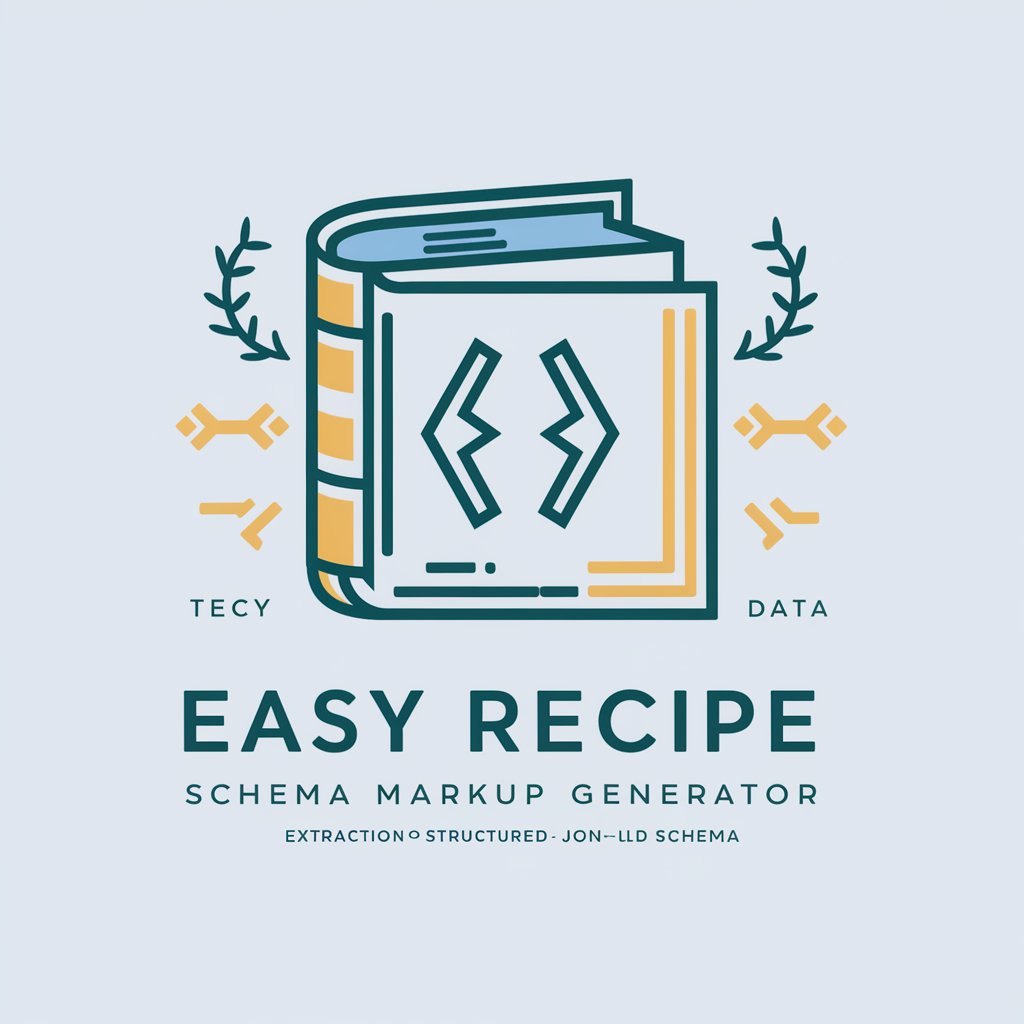
Welcome to the EASY Recipe Schema Markup Generator!
Streamline Recipe SEO with AI
Extract detailed recipe data from the URL...
Generate a structured JSON-LD schema for the recipe...
Identify core and supporting entities from the recipe webpage...
Create a comprehensive schema.org format for the recipe...
Get Embed Code
Overview of EASY Recipe Schema Markup Generator from a URL
The EASY Recipe Schema Markup Generator from a URL is a specialized tool designed to automate the extraction of recipe information from webpages and transform this data into structured JSON-LD schema markup, following the standards set by schema.org for recipes. Its primary purpose is to simplify the process of generating schema markup for recipe content creators, SEO specialists, and website developers. By analyzing a given URL of a recipe blog post or webpage, the tool extracts key details such as the recipe's title, ingredients, preparation steps, cooking time, servings, and more. It is tailored to recognize and organize this information into a structured format that enhances the visibility of recipes in search engine results, supports voice search optimization, and contributes to the semantic web. For example, given a URL of a chocolate cake recipe, the tool would extract relevant details and generate schema markup that accurately represents the recipe, making it more discoverable and accessible online. Powered by ChatGPT-4o。

Core Functions and Applications
Extraction of Recipe Information
Example
From a URL to a culinary blog detailing a 'Lemon Chicken Recipe', the tool extracts the recipe name, ingredients list, cooking instructions, preparation and cooking times, serving size, and nutrition facts.
Scenario
A food blogger wants to improve their website's SEO. By inputting the URL of their post into the tool, they receive structured JSON-LD schema markup to include in their webpage's HTML, enhancing the recipe's visibility on search engines.
Generation of Structured Data Markup
Example
After extracting recipe details, the tool generates a JSON-LD formatted schema markup, including '@type': 'Recipe', 'name', 'recipeIngredient', 'recipeInstructions', and other relevant properties.
Scenario
An SEO specialist working for a recipe-sharing platform uses the tool to bulk-generate schema markups for multiple recipes, streamlining the process and ensuring consistency across the platform's content.
Identification of Semantic Entities
Example
The tool identifies and links key entities within the recipe to their respective 'sameAs' properties in Wikipedia or DBpedia, like linking 'Quinoa' to its Wikipedia page, enriching the markup with additional context.
Scenario
For a recipe developer creating a new dish with less common ingredients, the tool's ability to provide 'sameAs' links offers users additional information, making the recipe more informative and educational.
Target User Groups
Food Bloggers and Content Creators
Individuals or organizations that regularly publish recipes online. They benefit from using the tool by making their content more discoverable, enhancing user engagement, and improving their website's SEO.
SEO Specialists and Digital Marketers
Professionals focused on optimizing web content for search engines. They use the tool to generate schema markups for recipes, which can lead to better search result visibility, higher click-through rates, and improved website traffic.
Web Developers and Website Owners
Those responsible for developing and maintaining websites, especially those with a focus on culinary content. The tool aids in integrating structured data into webpages effortlessly, enhancing the site's functionality and search engine performance.

How to Use EASY Recipe Schema Markup Generator
Start your trial
Begin by accessing a free trial at yeschat.ai, without the need for login or subscribing to ChatGPT Plus.
Enter the recipe URL
Input the URL of the recipe blog post you wish to generate schema markup for into the tool.
Analyze the content
Allow the tool to process the webpage, identifying key recipe information such as ingredients, steps, and nutritional info.
Review the schema
Examine the generated JSON-LD schema markup to ensure accuracy and completeness of the recipe details.
Copy or modify
Copy the schema markup for use on your website or make any necessary adjustments to better fit your needs.
Try other advanced and practical GPTs
News Reporter | 100% Accuracy
Crafting Accurate News with AI

Caesar the Cipher Master AI🔐
Unlocking Secrets with AI-Powered Cryptography
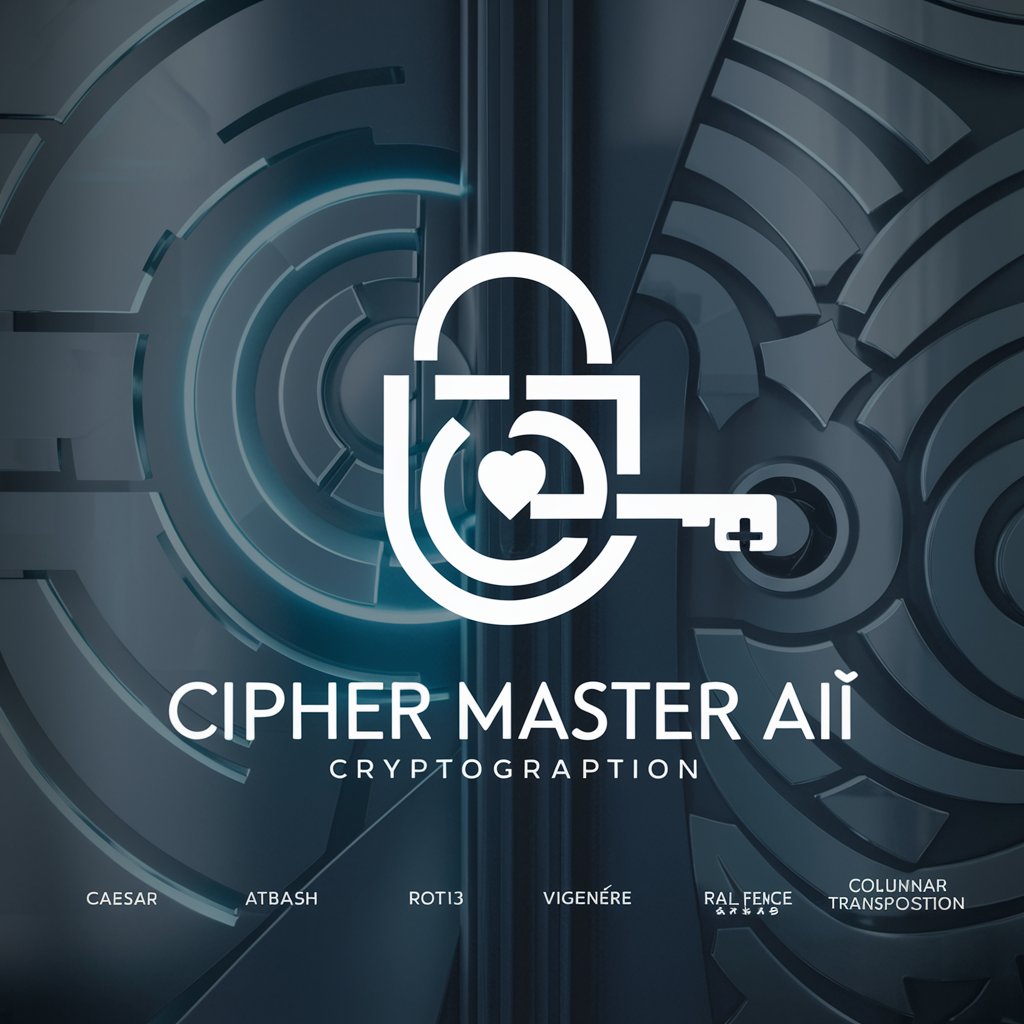
小红书爆款文案大师
Crafting Viral Content with AI Precision

Time Space Detective
Discover History, Solve Mysteries.

Language Learning GPT
Empowering language learning with AI
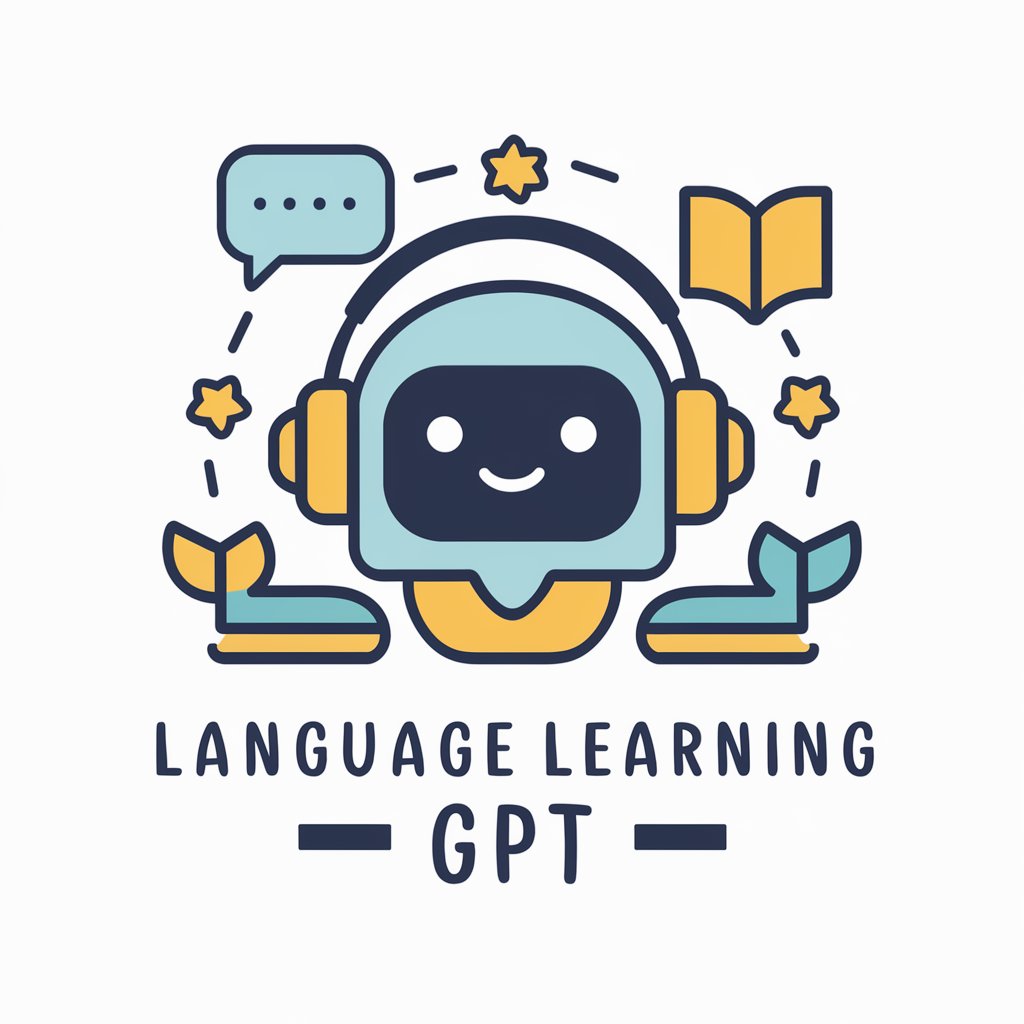
Sam Altman Simulator
Navigate AI's Future with Strategy and Ethics

Text2Video Prompt Generator
Bringing Text to Life with AI Video Generation

GeoGuessr GPT
Discover the World with AI-Powered Geographical Insights

AI Code Analyzer
Unleash AI-driven insights for your codebase.
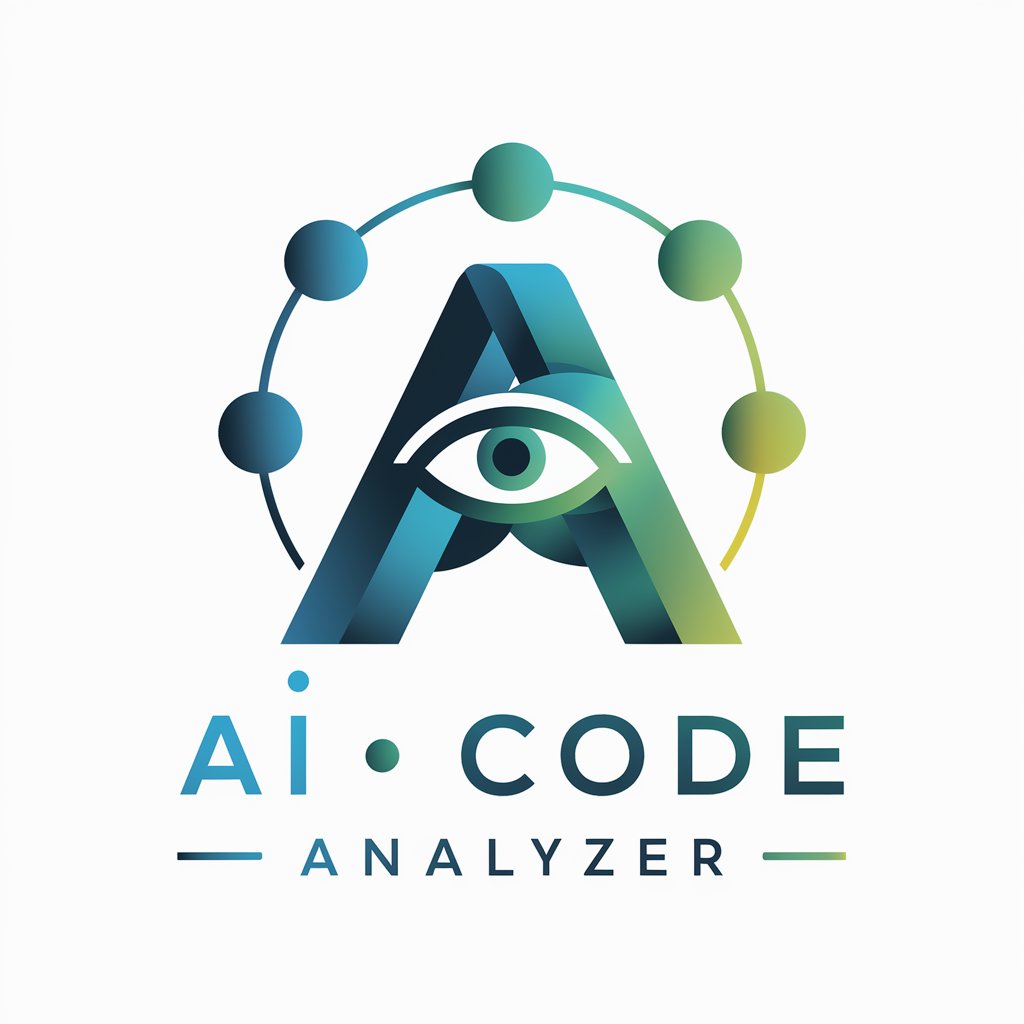
Book Writer
Craft Your Story with AI Precision

Home Gym Builder
AI-Powered Personal Gym Planner
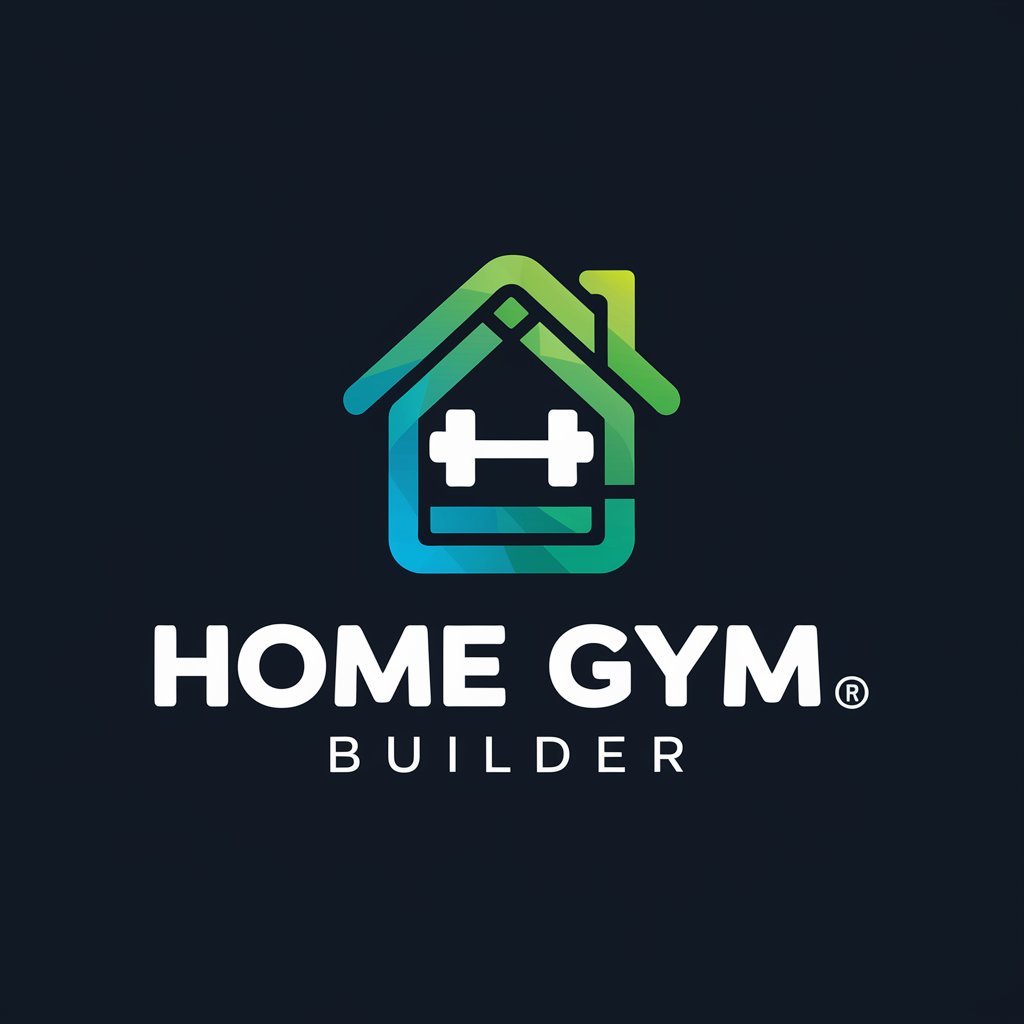
ChatCody [Repository Assistant]
Empower Your Coding with AI
![ChatCody [Repository Assistant]](https://r2.erweima.ai/i/-CzRS5j1QPmxgZNzfJ43wA.png)
FAQs about EASY Recipe Schema Markup Generator
What is JSON-LD schema markup?
JSON-LD (JavaScript Object Notation for Linked Data) is a method of encoding linked data using JSON. It's used to structure and link data on the web, making it easier for search engines to understand the content of webpages.
Why is recipe schema markup important for SEO?
Recipe schema markup enhances search engine visibility by providing structured data that search engines can use to display rich snippets, such as star ratings, prep time, and ingredients directly in search results, improving click-through rates.
Can I use this tool for non-English recipes?
Yes, the EASY Recipe Schema Markup Generator is designed to work with recipe content in various languages, accurately extracting and generating schema markup regardless of the language.
Is technical knowledge required to use this tool?
No, the tool is designed to be user-friendly, requiring no technical background. Users simply need to input the URL of the recipe, and the tool generates the schema markup for them.
How does this tool handle updates to schema.org standards?
The tool is regularly updated to comply with the latest schema.org standards, ensuring that the generated schema markup remains current and effective for SEO purposes.
